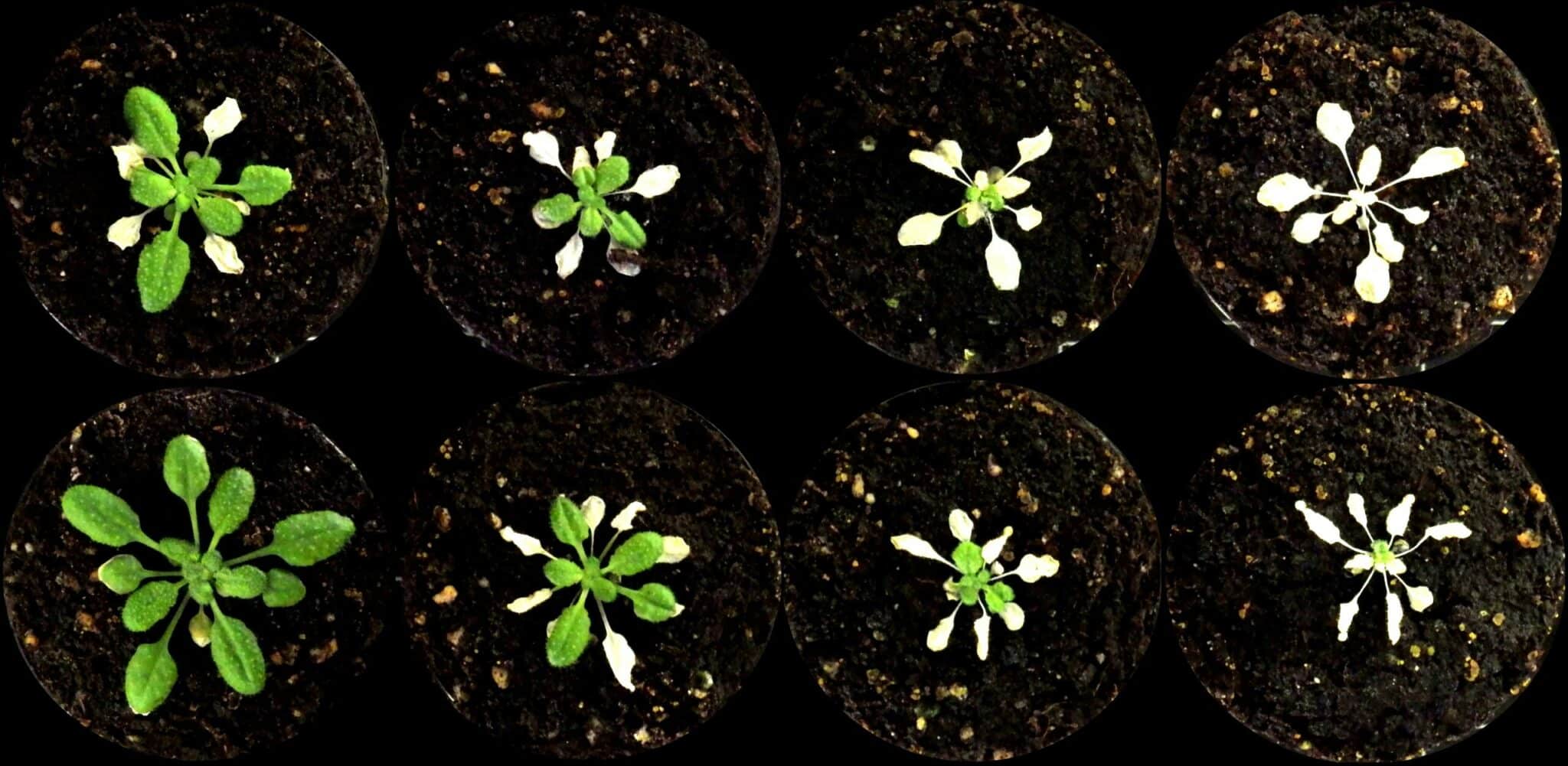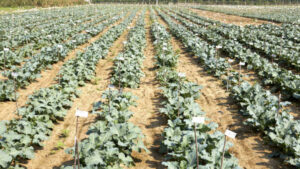Scientists have discovered how some plants can quickly detect that they are under water when flooded, and initiate processes that prevents them from drowning, a finding that could pave the way towards flood-proof crops that can thrive even under stressful conditions.
Floods cause widespread yield losses annually due to the extreme flood sensitivity of most major crops. Plants, like animals, need oxygen to live, and flooding stops plants breathing. In a study published in Nature Communications, researchers from the University of Nottingham’s School of Biosciences and Utrecht University in The Netherlands demonstrate how plants use the gaseous hormone ethylene as a signal to trigger underwater survival.
Global warming results in the increased incidence of not just drought and heatwaves, but also increased rainfall and higher flood risk. This is a major problem for crops. Just like humans, plants need oxygen to survive and the lack of it underwater causes them to suffocate. The devastating agricultural impact of floods is therefore just as immense as other extreme weather events such as drought. For instance, flooding of a potato field can cause complete yield loss within just 24 hours. It is therefore absolutely essential to understand plant resilience mechanisms in order to progress towards flood resistant crops. This can make a world of difference with regards to food security and mitigating major economic losses.
The research, led by Professor Rens Voesenek at Utrecht University, discovered a series of molecular events that, triggered at the beginning of a flood, enhance the survival of plants. The researchers demonstrated that ethylene accumulation in flooded plants activates a survival response at an early stage, even before oxygen levels actually drop. The research shows that increasing ethylene levels within plants leads to the synthesis of a protein similar to hemoglobin, that reduces the levels of another gas nitric oxide (NO). Previous research by Professor Michael Holdsworth (who co-led the present study) at the University of Nottingham identified the mechanism that plants use to sense oxygen, and showed that NO is an important part of this mechanism. A reduction in the levels of NO triggers a biochemical mechanism that prepares the plants for reduced oxygen. Importantly, the study showed that several crop species investigated vary in their ability to use this mechanism.
Holdsworth says: “This work provides a molecular explanation of how plants protect themselves from drowning, allowing us to understand how plants react as flooding events start. This important step forwards could help in future efforts to breed crops with enhanced resilience to climate change, of which flooding is an increasing risk.”













